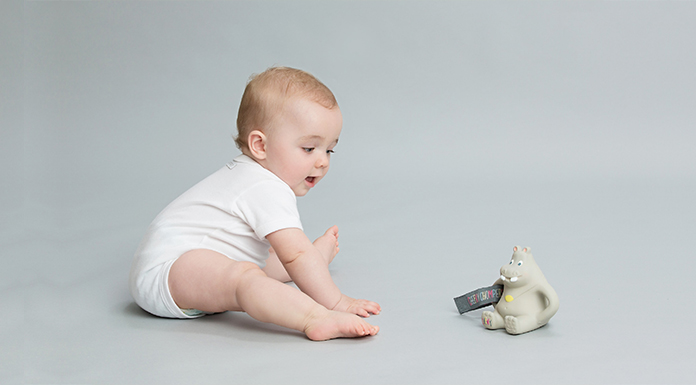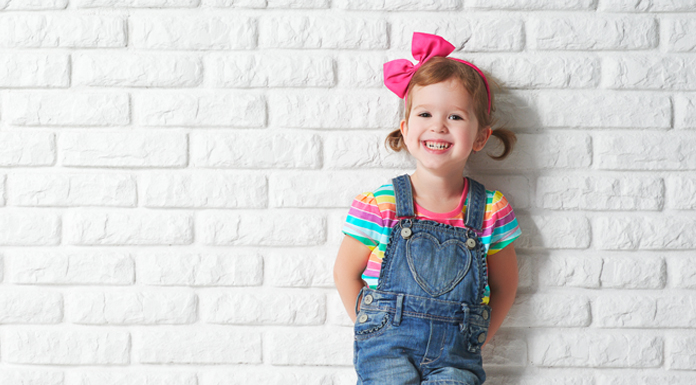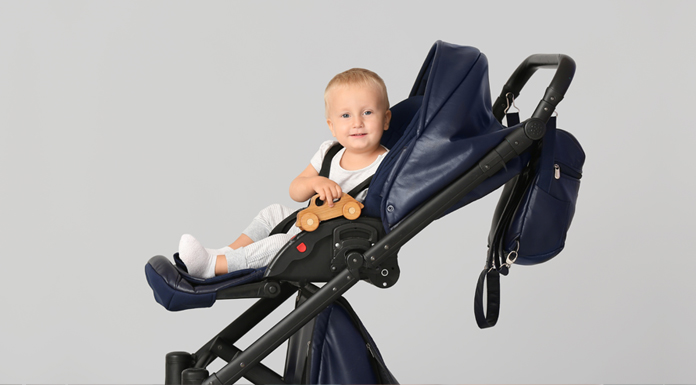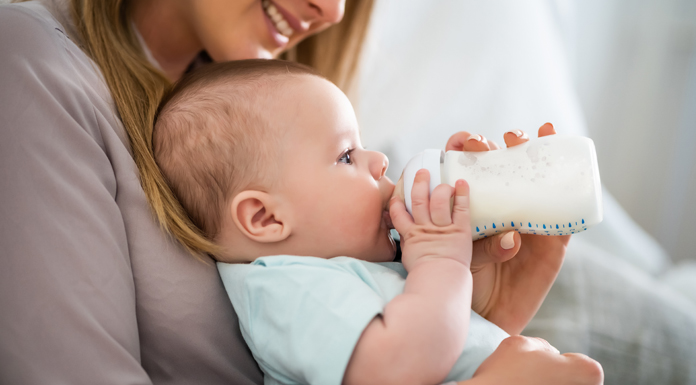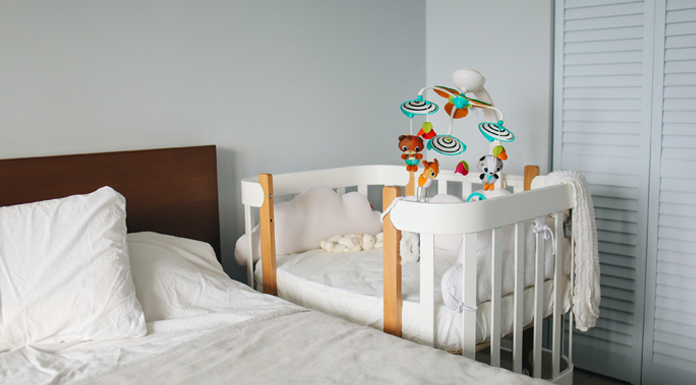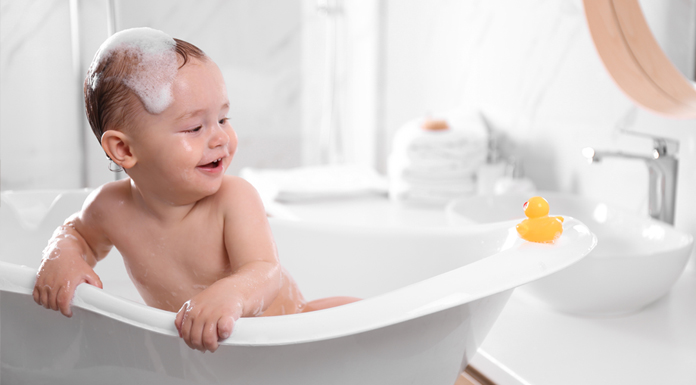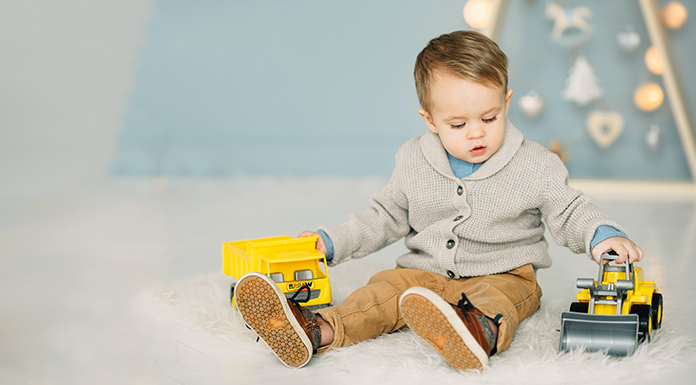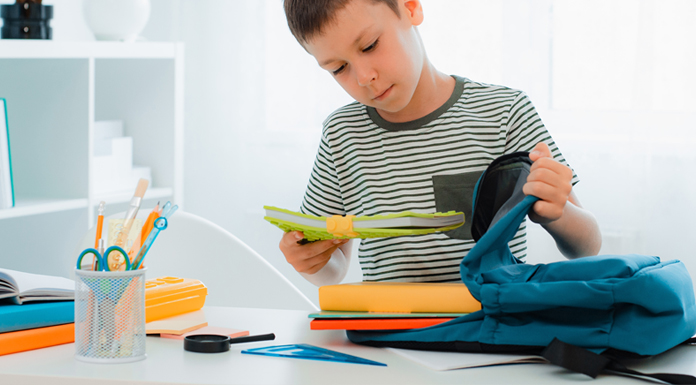Design Principles
AGE & STAGES
We'll take care every step of your baby's growth
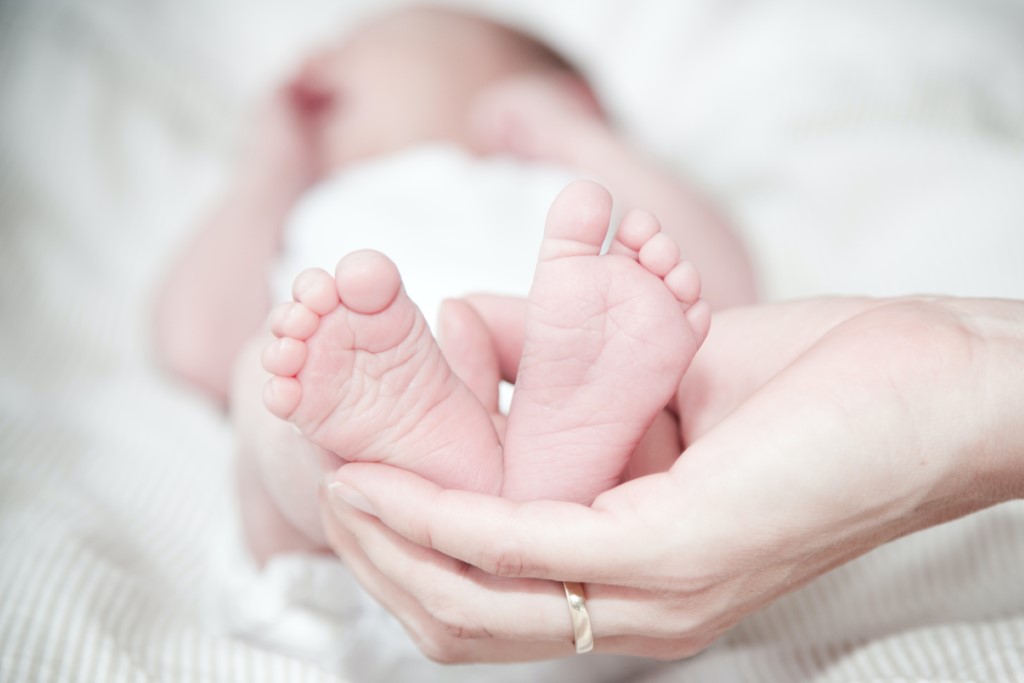
Ideas for parents
- Baby proof everything! Store toxic substances such as dishwasher detergent. make-up, paint, or medicine up high. Put safety latches on cabinets, and covers on electrical outlets. Lower crib mattresses so an older infant can’t fall over the rail. Cover sharp corners of tables or shelves that your infant might bump into.
- Provide interesting objects for baby to mouth and explore. Square nylon scarves, plastic measuring cups, large wooden spoons. and colorful washcloths are favorite household toys. Keep easy-to-swallow objects out of infant’s reach. Baby should not be allowed to play with anything smaller than a half dollar (about 1 1/4 inch).
- If your baby is bottle fed, be sure to hold him or her while feeding. Even if your baby holds the bottle, being held and cuddled helps develop a strong nurturing parent-child relationship. Do not prop an infant drinking from a bottle as it may cause choking.
- Respect your baby’s natural schedule. Most babies will settle into a regular routine for eating. sleeping, and soiling their diapers, but the schedule will vary depending on the baby. Some babies need to eat more frequently than others. Some will sleep through the night early on, others will continue to wake briefly well into their second year.
- Talk to your baby. Face your infant when talking so he or she can see you and smile with you. Talk about what you are doing, familiar objects, or people. You may even want to babble back or echo sounds your baby makes much as you would in a regular conversation. Even though your infant cannot understand everything you say. he or she will be learning many words that will form the basis for language later on.
- Read to your baby. Babies enjoy cuddling on a parent’s lap. looking at colorful picture books. and hearing the rhythm of a parent’s voice. With time they begin to understand that words have meaning and can be used to identify objects.
- Encourage older infants to feed themselves by offering pieces of banana and soft bread. Give your baby a spoon with some mashed potatoes or other sticky food and let him or her practice eating with a spoon. Yes. it will be messy! Be patient. Learning this skill takes lots of practice!
- Play peek-a-boo. Hide your face behind a blanket, then peek out at your baby. Older babies will learn to do this themselves and will enjoy this game for a long time.
- Give your baby the freedom to move around. Young infants enjoy being on their back so they can kick, wiggle, and look around. Older infants need space and time to practice crawling, creeping, pulling up, and walking. Spending too much time in a walker, play pen, or infant swing may inhibit the development of these important skills.
- Help your baby develop a sense of trust and security by responding to baby’s cries. Feeling secure encourages your baby to try new things. Be consistent so your baby knows what to expect.
- Stay with your baby when someone new is around. Encourage strangers to approach slowly. Introduce your infant,and let him or her explore someone presence
We’ll take care every step of your baby’s growth
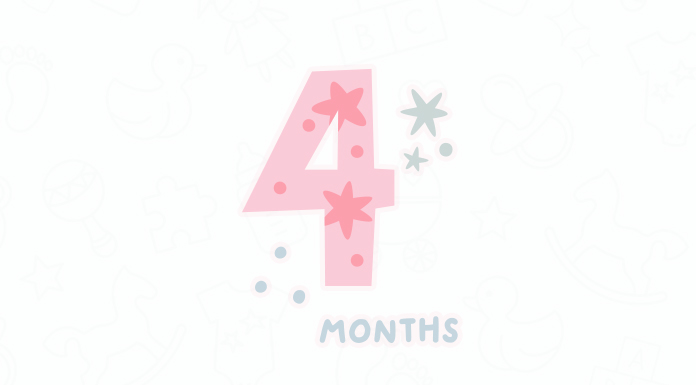
Mental Development
By 4 months
- Explores objects with mouth
- Plays with fingers, hands, toes
- Reacts to sound of voice, rattle, bell
- Turns head toward bright colors and lights
- Recognizes bottle or breast
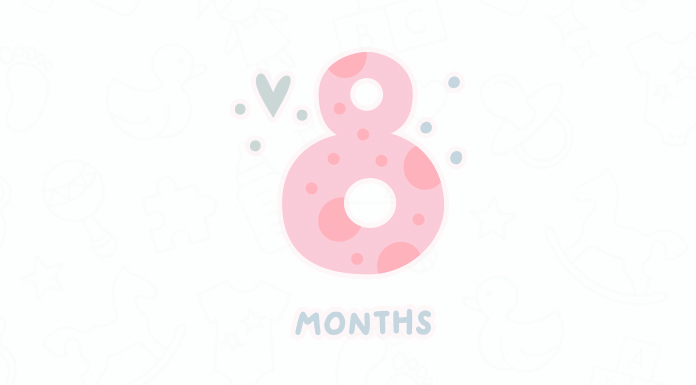
Mental Development
By 8 months
- Cries in different ways to say he or she is hurt, wet, hungry, or lonely
- Makes noises to voice displeasure or satisfaction
- Recognizes and looks for familiar voices and sounds
- Learns by using senses like smell, taste, touch, sight, hearing
- Focuses eyes on small objects and reaches for them
- Looks for ball rolled out of sight
- Searches for toys hidden under a blanket, basket, or container
- Explores objects by touching, shaking, banging, and mouthing
- Babbles expressively as iftalking
- Enjoys dropping objects over edge of chair or crib
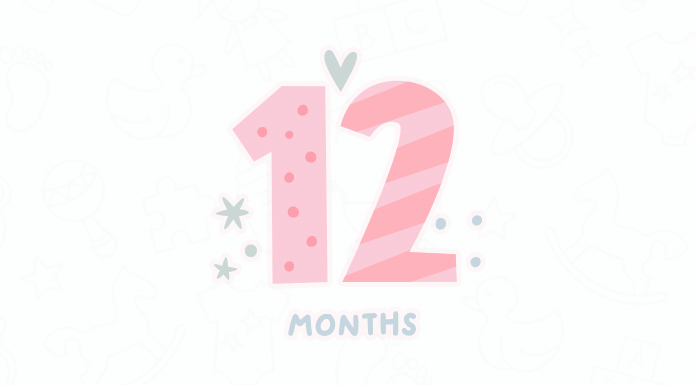
Mental Development
By 12 months
- Says first word
- Says da-da and ma-ma or equivalent
- “Dances” or bounces to music
- Interested in picture books
- Pays attention to conversations
- Claps hands, waves bye, if prompted
- Likes to place objects inside one another

